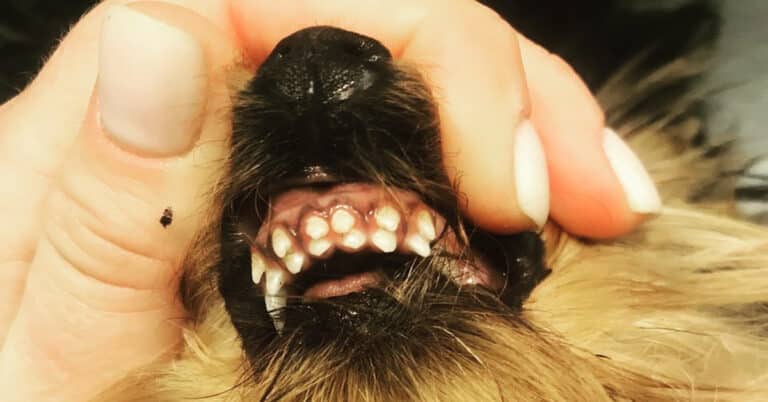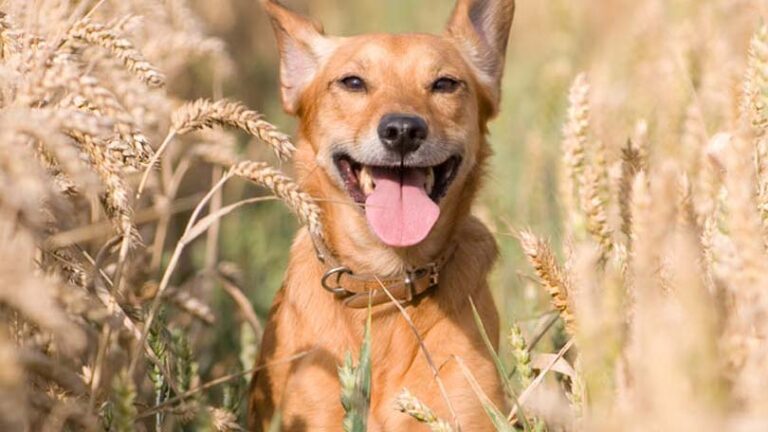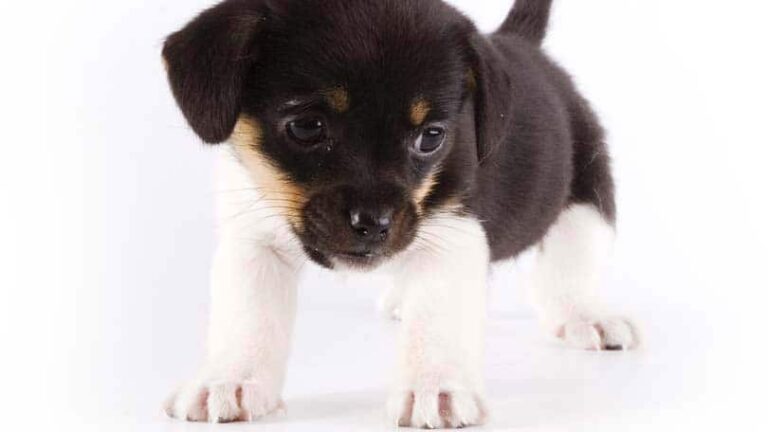Why Do Dogs Lick Their Paws
Dogs can lick their paws for lots of reasons, ranging from an injury to anxiety. Sometimes the cause is something physical and sometimes it’s something psychological. It’s always a good idea to pay attention to this behavior and find out why your dog is doing it. Many times something that begins with a physical cause will change and become a bad habit which can lead to trauma to the paw and leg.
Reasons why dogs lick their paws
Injury
An injury is the most obvious and easiest to treat cause for a dog to pay attention to his paw. It’s normal for a dog to lick a wound any place on his body. If your dog cuts his paw or gets a grass seed stuck between his toes, you can expect him to do some licking as he tries to help it heal.
Allergies
Allergies are another frequent cause for a dog to lick. Many times when a dog has an allergy it seems to cause his paws to itch, which leads to licking and chewing on them. In other cases, dogs seem to lick and chew their paws if they feel itchy anywhere on their bodies. Their paws are just convenient. Flea allergies are a frequent cause of this kind of licking and chewing on the paws.
Habit
If your dog starts licking and chewing because he has an injury or allergies, it’s very easy for this behavior to turn into a habit. This happens with lots of dogs. This kind of habit is especially common with dogs who are bored or lonely, and if they are left home alone with nothing to do.
Anxiety
Dogs who are anxious will often start licking or chewing on their paws. Dogs can become anxious for lots of reasons such as being left home alone, a change in he family such as dating a new person, a marriage, a new baby, a move to a new home, and similar things. Bringing a new dog or other pet into the home can also cause anxiety.
Compulsions
In some extreme cases, licking and chewing can become a compulsion. The dog can’t stop the behavior. The licking is virtually constant. This is an extreme anxiety condition and it generally requires medication from a vet and/or an animal behaviorist to treat the dog.
Why the behavior is a problem
Licking and chewing are problems because they can cause skin damage and lead to infection on the paws and legs. As the skin becomes damaged, the dog licks more and more, so it becomes a vicious circle.
In addition, if the behavior becomes a habit or your dog licks and chews out of anxiety, it can lead to the more serious compulsion.
Preventing the behavior
There are several ways you can prevent this behavior, depending on the cause.
If your dog has an injury to his paw, treat it right away.
See a vet if necessary. Change the dressing regularly. Keep your dog from bothering any bandages. Ask the vet to recommend something to discourage your dog from bothering the bandages if necessary.
Prevent fleas
Since fleas are a common cause of allergies and itching, use a good flea preventive for your dog. There are many good flea preventives available today such as the topical, spot-on treatments that you apply to your dog’s skin once-a-month.
Stop the itching
If your dog seems to have a problem with itching, look for products that relieve itching such as soothing oatmeal shampoos.
Cover your dog’s paws
If your dog won’t leave his paws alone, you can try covering them with dog boots or shoes. This approach works with some dogs. You can by dog boots and shoes online or in pet stores in a size for your dog. If your dog can’t see or reach his paws, he will often give up the licking and chewing habit.
See your vet
If the behavior doesn’t stop or if sores develop on your dog’s paws, you should take your dog to the veterinarian. You will need to try to prevent an infection from setting in. Your vet can examine your dog to make sure he doesn’t have another health issue that could be causing the problem. Your vet can also talk to you about the possible use of medications to curb the behavior, or working with an animal behaviorist.
Behavior modification
If all else fails, you should talk to your vet and an animal behaviorist about working with your dog to modify his behavior. This usually involves giving the dog medication for a few weeks while the behaviorist works with him to get him to change his behavior through training.
Licking and chewing on paws is a fairly common behavior among dogs, though the causes can be different. Consider the information here and know that there are ways to stop this behavior.

Having discovered a fondness for insects while pursuing her degree in Biology, Randi Jones was quite bugged to know that people usually dismissed these little creatures as “creepy-crawlies”.







